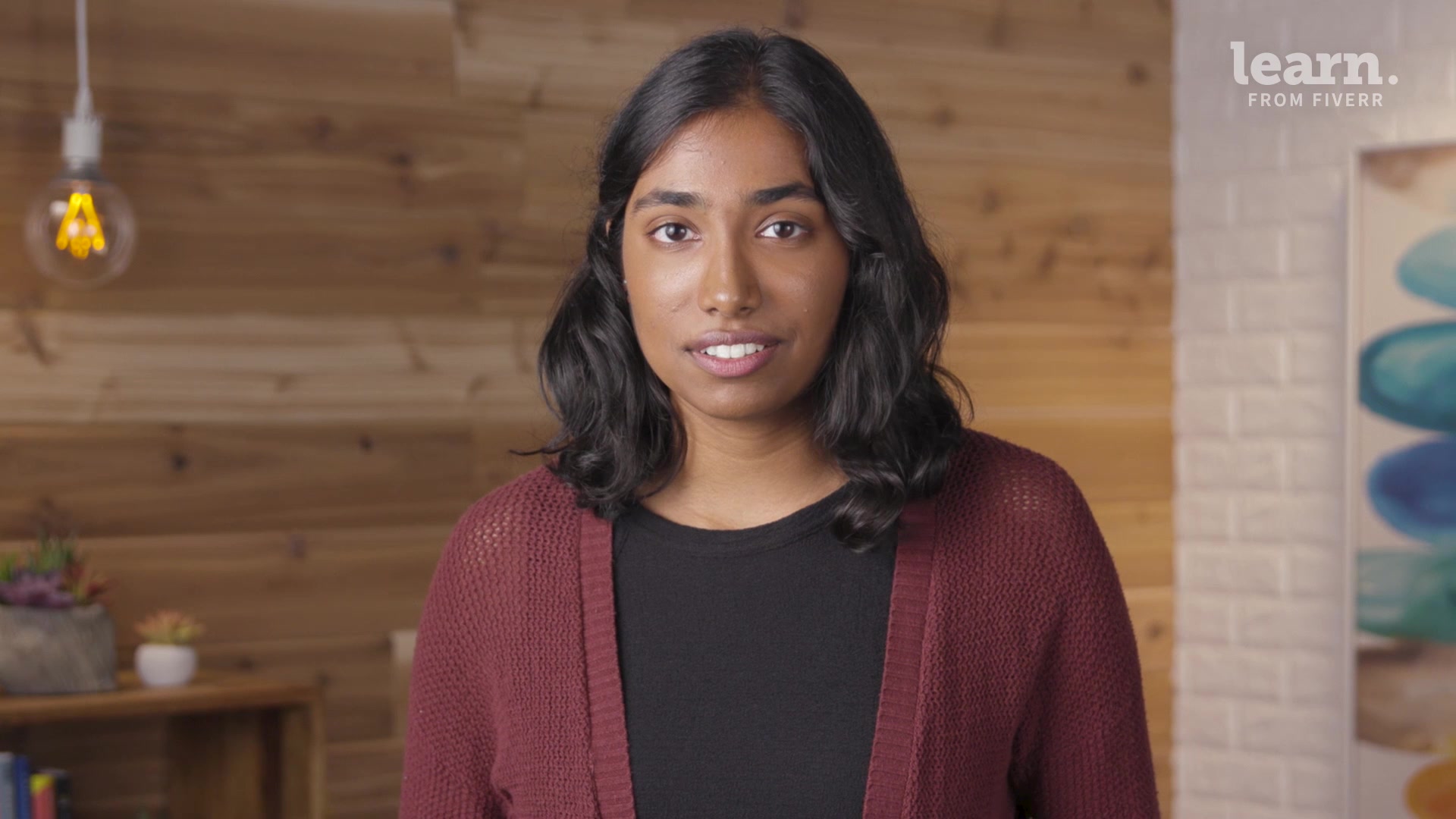After Completing This Course You Will Be Able To
Understand exactly what data science is and its real world applications
Identify each stage of the data science life cycle and understand the main goals of each stage
Understand data design and know how sampling reduces bias
Know the key differences between Python and R
Familiarize yourself with and set up Jupyter on your computer
Interact confidently with and read in tabular data
Understand what exploratory data analysis is
Understand what data cleaning is and how it is used as well as the main questions to ask before cleaning
Understand what data visualization is and how its used in data science as well as be prepared to visualize quantitative data
Solve complex questions by bootstrapping your confidence interval.
Know what the k-Nearest Neighbor algorithm is and how to use it to classify data
About This Course
Data sets in the right hands can help predict and shape the future. One of the fastest-growing fields, data science has vast and powerful applications in a range of different areas. In this course, you’ll learn essential definitions and gain an understanding of the tools that are fundamental to data science.
Advance your career by enrolling now to grab hold of the myriad of opportunities that mastering data science offers.
This course was created by Madecraft. We are pleased to offer this course in our library.
Share on:
What You Will Learn
The difference between data scientists, data engineers, statisticians and business analysts
About the impact of data science on business and industry
The workings of each stage of the data science life cycle including formulating a question, acquiring and cleaning data, conducting exploratory analyses and drawing conclusions
About two of the most popular computing languages for data science - Python and R
The different statistical data types that exist
How to gather insights from your dataset
How to evaluate what questions you want to answer and what types of questions are ideal for your scenario
How to Describe what inference is, how it's used and be ready to tackle hypothesis testing and permutation testing
How to describe classification and explain how it is used
Why Learn With Lavanya Vijayan?
An instructor at the Coder School in Berkeley and former instructor of First Code Academy, she is an officer of the Society of Women Engineers and teaches students in under-resourced communities the skills they need to achieve their dreams.
Who Is This Course For?
People interested in becoming data scientists or wanting an introduction to the world of data science
Freelancers wanting to learn the foundations of data science to improve their career opportunities
Business owners wanting to learn how to gather insights from their dataset
Students thinking of pursuing an education in data science
Employees considering becoming freelancers in the data science arena
Anyone wanting to gain insight into the data science life cycle
Beginners
Requirements
Access to Internet
Computer / Laptop / Mobile Device
What Is Included?
Immediate unlimited access to course materials
30-day money-back guarantee
Exercises and quizzes to help you put theory into practice
English Closed Captions
Suitable for mobile or desktop
A badge to showcase your expertise on your profile page upon completion

